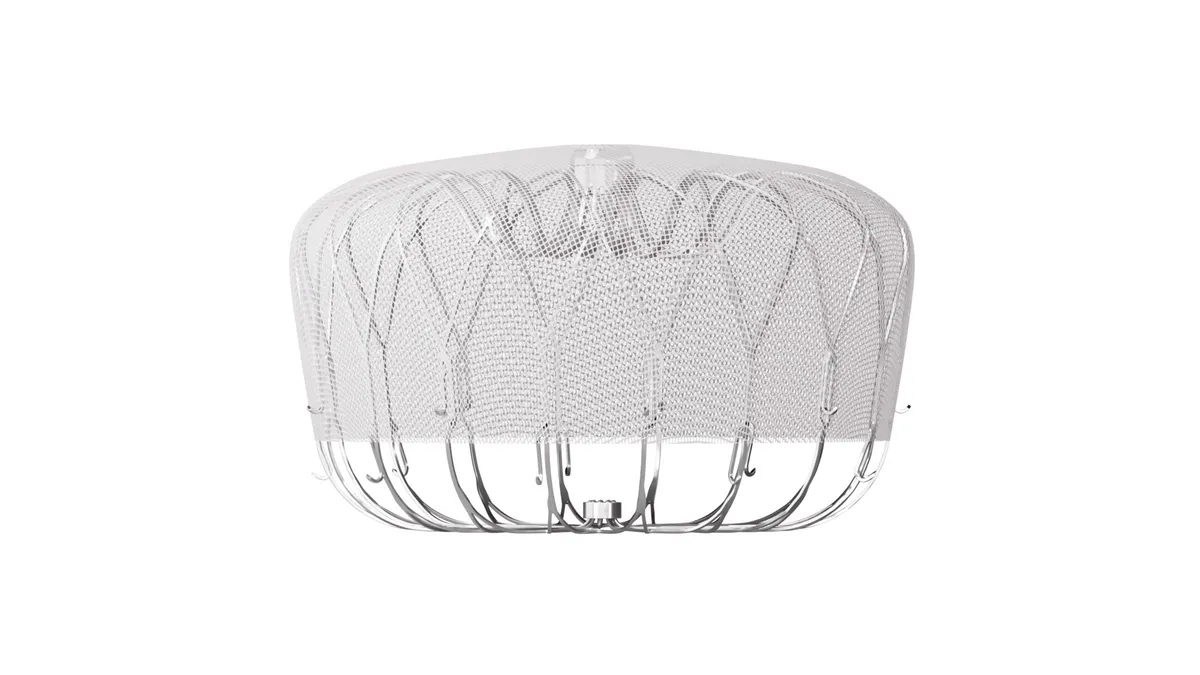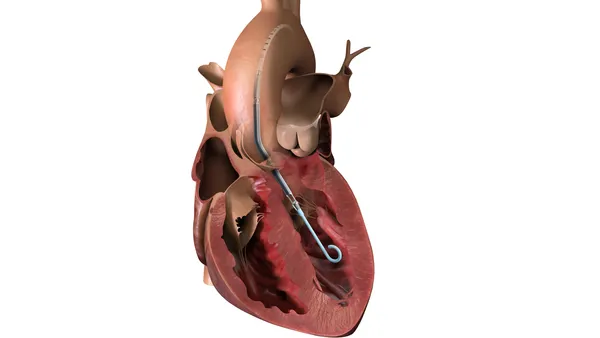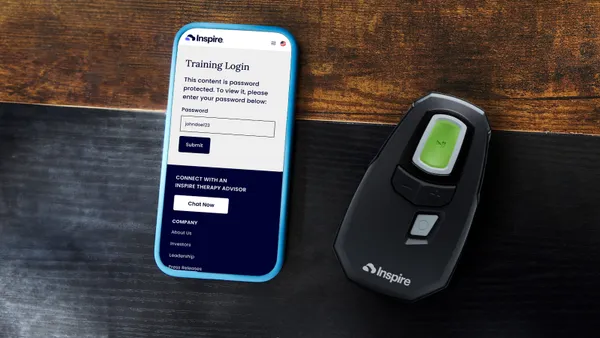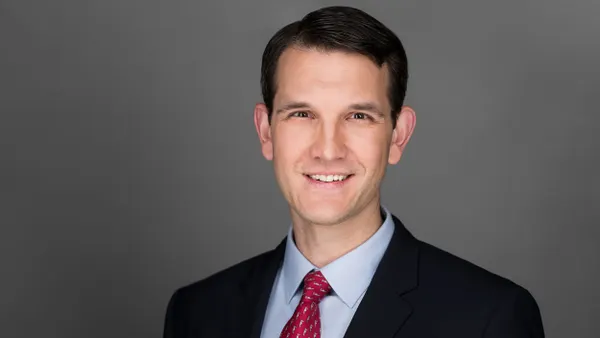Dive Brief:
- Boston Scientific has updated the instructions for use for products deployed in the implantation of its Watchman heart device to reduce a risk associated with 120 serious injuries and 17 deaths.
- The Food and Drug Administration released an early alert about the update Wednesday. Sharing information from Boston Scientific, the FDA said implanting the heart device without controlling the patient’s breathing increases the risk of an air bubble getting into the vascular system.
- Patients are only at risk during the implant procedure. People who have a previously implanted Watchman device do not need additional management.
Dive Insight:
Boston Scientific’s letter to customers covers the FXD Curve, Truseal and Trusteer access systems for its Watchman devices. Physicians use the access systems in procedures to implant the left atrial appendage closure devices.
Patients can be sedated or under general anesthetic for the procedure. When under general anesthetic, patients are on a ventilator that controls their breathing. Sedated patients lack that support, increasing the risk that the pressure in their hearts will drop. Negative pressure in the heart may increase the risk of air entering the bloodstream through the access system used to implant a Watchman device.
The FDA said air bubbles are a known risk of performing procedures without ventilation. After entering the vascular system, bubbles can cause abnormal heart rhythm, hemodynamic collapse, stroke or blood flow disruptions that result in organ failure.
Published literature and clinical data show conscious or deep sedation during the procedure is associated with a three-times higher risk of negative pressure and air entering the vascular system, the FDA said. Patients with existing low left atrial pressure, dangerously low levels of water or blood or partial upper airway collapse are at particular risk.
Boston Scientific advised physicians who perform the procedure on sedated patients to take steps to manage the risks that an air bubble will enter the body. Patients should not be hypovolemic, a medical term for severe fluid loss that makes the heart less effective. The company also advised physicians to keep the access valve below the heart and exchange devices as the patient is breathing out.
Watchman sales increased 28% in the second quarter. Sales grew fastest in the U.S. and Boston Scientific is now looking to increase revenue globally, as CEO Mike Mahoney told investors on an earnings call last month.
“Over the next [long range plan] period we aim to get more contributions outside the U.S. than we currently do today with that device, which has proven to be so safe and effective in the U.S.,” Mahoney said.












